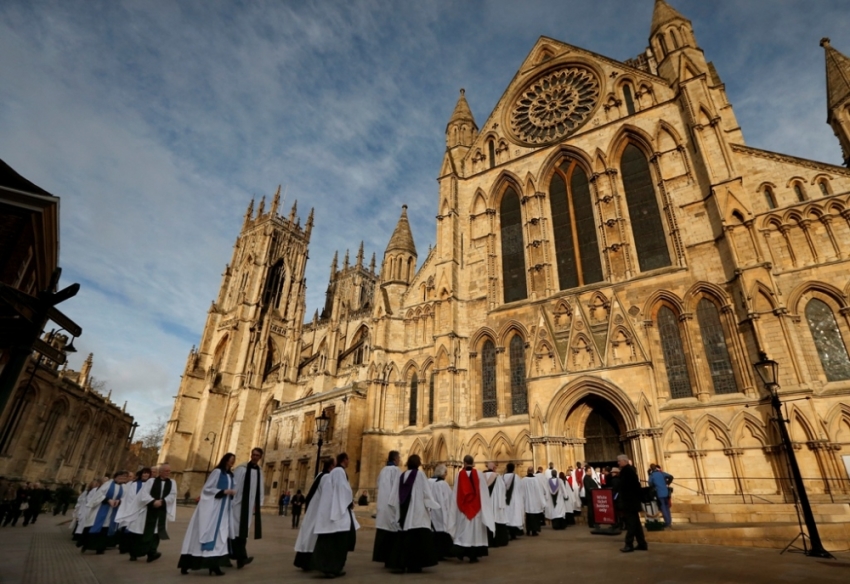Church of England to Invest Close to $1,000,000 to Help Christians Reconcile Beliefs With Science

The Church of England is set to invest £700,000 in a new program that aims to promote greater engagement between Christian leaders and the scientific community.
The creation of the initiative, which will be part of a three-year Durham University program, was announced during British Science Week, a 10-day celebration of science, technology, engineering and math that concludes on March 22.
The program will offer trainee priests and others access to resources on contemporary science, and will also research attitudes toward science from church leaders. Durham University professor Rev. David Wilkinson spoke out about the divide between faith and science during a recent interview with The Christian Post.
"Our personal motivation was to ask: how do we give confidence to Christian leaders in a world where there are many questions which impact theology," Wilkinson told CP on Friday.
"Our hunch, brought out by an initial pilot project, was that many Christian leaders at a senior level leading churches would often see science as a threat, and not see it as an opportunity to engage people with their interest in the really big questions: [such as], where the universe comes from, what does it mean to be human, are we unique, are we alone, and what's the future for technology."
The program is aimed at giving confidence and resources to clergy that will allow them to engage with these questions at a respectable level, according to Wilkinson.
Within the program research will be conducted analyzing the attitudes toward science amongst 1,000 church leaders in the U.K. There will also be a series of conferences for leaders — such as bishops and others — that will focus around questions such as origins of existence, cosmology, neuroscience, and the complexity of how God works in the world. The leaders will be exposed to leading scientists in these fields, including Christians and non-Christians.
"We'll actually take the science seriously," said Wilkinson. "And reflect on what it means for theology."
Other initiatives in the program include equipping people training to be church leaders and the replicating of a successful U.S. program that supports scientists in local congregations who want to use their gifts to enable Christians to think about some of these topics.
The Church of England hopes to change Christians' attitudes toward science with the program and give them the resources to engage those asking the tough questions.
Several leading names in science, such as atheist Richard Dawkins, view science as incompatible with religion and faith, and even label those who are religious as delusional in works such as his book The God Delusion.
"The rise of new atheism, as exemplified in Richard Dawkins and other thinkers, is probably very complex and has to do with a whole number of movements within our culture. But certainly, there is a fear and aggressiveness in some parts of the church, which has bought into the conflict model that science and religion are constantly in battle," said Wilkinson.
"Actually, you've got to be on one side of the conflict or the other. That's something the new atheism has talked about in general. The triumph of science over religion. But it's all based on this conflict model."
Wilkinson believes the church does not need to buy into this "conflict model." By looking back at history he explained how science and faith were viewed at one time as compatible by most.
He also works as an astrophysicist and talked about how science has tough questions that only God can provide the answers to, such as where the laws of physics come from and why they seem intelligent to humans.
"These are questions that lie beyond sciences ability to answer, but are raised by the very discoveries of the origin of the universe that a number of us have been involved in," he continued.
Ultimately, Wilkinson hopes this program will help to put the conflict model to rest, which he believes fuels new atheism and a form of Christianity that rejects valid scientific discoveries.



























